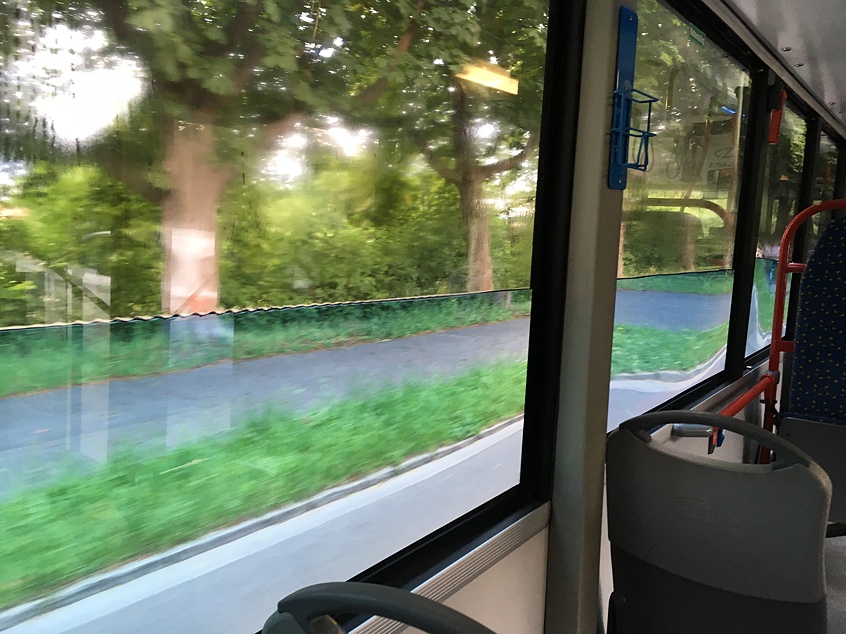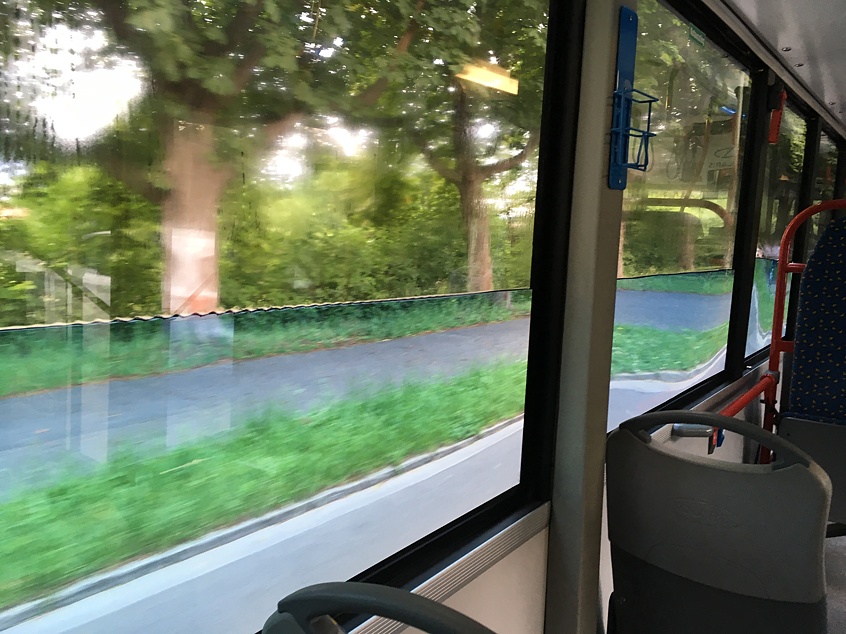Pavel Brăila’s return to documenta 14, having shown his film Shoes for Europe (2000) at documenta 11, marks the coming-of-age of a complex art practice. Freeing itself from medium specificity, his work gives voice to that which is difficult to pronounce. Not only to Chișinău, the city where he was born in 1971, and to Moldova, the buffer between empires, but, more generally, to that which escapes, through cracks and creaks, from the exhaustive determination of geopolitical discourse.
It would be difficult, for example, to pronounce the word “Olympia” in the vicinity of the ruined sites of the 2004 Summer Olympic Games, one of the symbols of the sunken Greek economy. We no longer have any idea of what the Olympics should stand for beyond the happy marriage of global power, militarized class war, and corporate capital. And yet, in The Golden Snow of the Sochi Olympics (2014), Brăila shows that this narrative is far from consistent. The work voices a contradiction between the Olympian virtues bestowed upon ninety-eight jars of collected artificial snow, produced for a global event taking place in a town with subtropical weather, and its title that brings to mind the embarrassment of failure—specifically, the technical hitch at the opening ceremony that saw a snowflake spectacularly fail to transform into the fifth Olympic ring. On a deeper level, the work speaks of a particular foolishness at the heart of global politics.
Another of Brăila’s works gives voice to those long silenced by hegemonic economic rationalism and named the “fool”: the “other,” the “poor,” or the “mad.” The Ship (2017), a public bus roaming the city’s streets as though half-submerged in seawater, appropriates Stultifera Navis, the “ship of fools” that emerged as a literary theme in medieval Europe and persists to this day. Something in this act of expelling the vagabond fool and handing him back to the sea echoes the post-2008 narrative of a Europe working at two speeds: faster in its “civilized” northern core and more slowly in the “lazy” South. Brăila’s Ship presents a changing world mediated by water from the Aegean Sea, neither discriminating against nor excluding any passengers. Citizens and sans-papiers, locals and visitors are all welcome here, just as The Ship reminds us that we are all others, all fools adrift on an ocean of instability.
—Vlad Morariu




